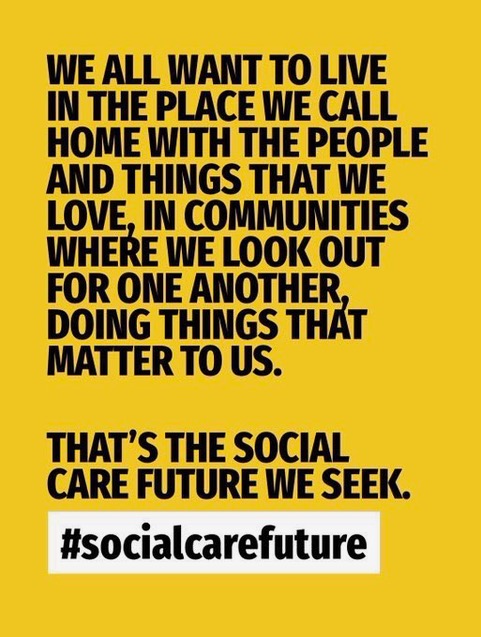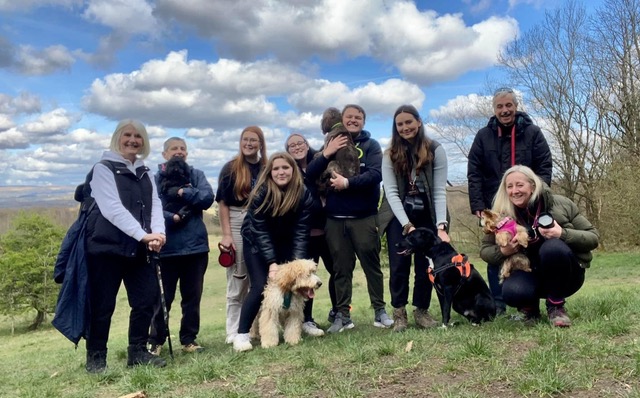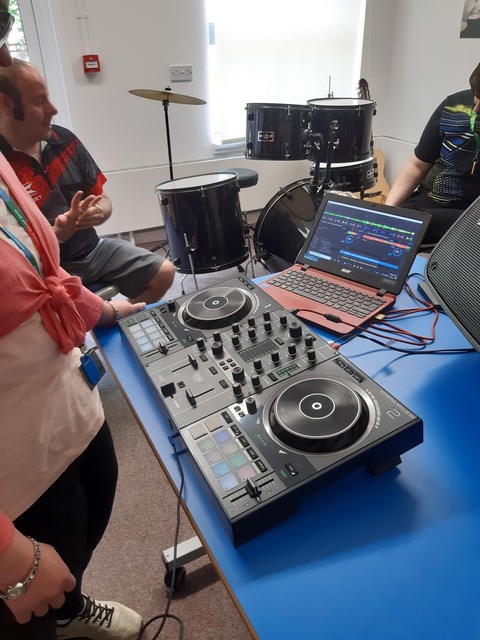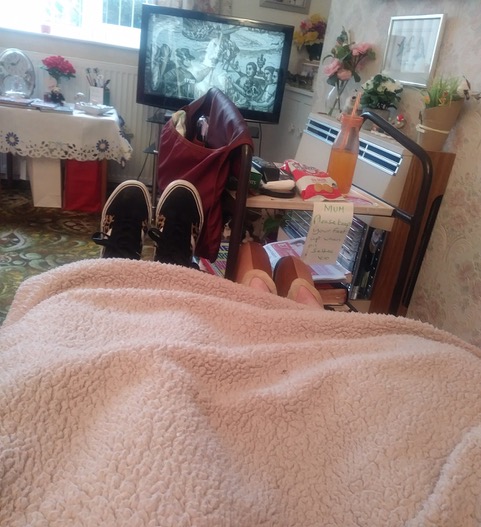The following is an excerpt from Circles of Support and Personalisation (Helen Sanderson and Max Neill 2012)
So, who could provide Facilitation and Support for Circles?
 Existing circles: Where existing circles have been working successfully, the people who have been part of this success can share their learning with others who face similar situations.
Existing circles: Where existing circles have been working successfully, the people who have been part of this success can share their learning with others who face similar situations.
Family members who participate in courses like “Partners in Policymaking” could apply what they learn in to supporting their own relative, but also to someone else outside their family, spreading and sharing the learning.
Local Social Enterprises, Voluntary Groups & Community Organisations: These groups seem at the same time to be invested by our social care system with increasingly high hopes and increasingly sparse resources. They have immense advantages from the point of view of building circles, in that they are often more willing and more free to experiment and innovate. Their footprint in the community means they are capable of deep local knowledge which could be a huge asset to the circles they support.
We all know however that despite a pervasive rhetoric of ‘stronger citizen control’, such organisations typically live a perilous ‘hand to mouth’ existence, from funding application to funding application, surviving often on grim determination and the strength of people’s hearts. Providing paid facilitation services to people could become an important revenue stream for these groups. The crucial social capital that these groups embody would thus be sustained.
Existing providers could release certain staff for a few hours every month to help facilitate circles. The experience and skills they gain through this activity will be beneficial to the organisation, and be a method of them exercising corporate social responsibility. Organisations would need to undertake this with the expectation that this will have a big impact on the people they release. Such people are likely to benefit from deep learning from the circles they engage in, and bring that learning back to their organisations, challenging them to grow and adapt to the new person-centred paradigm. Some organisations have positively embraced the change this brings. Others might find it more difficult. Provider organisations could be involved in circles of support in other ways, for example by providing paid services to Circles of Support, for example, book-keeping or training is another possibility.
IAS (a provider in Greater Manchester) actively supports staff and managers to be involved in circles of support. They worked with a family-led organisation to train circle facilitators, and make these available to local families who wanted to set up a circle around their son or daughter. As well as this, they brought together local established circles in the area to ask what would help more circles develop. One of the issues that came from that was how hard it can be for Circles to manage the ‘business’ side of employing and supporting staff. IAS responded to this by developing a costed ‘offer’ to Circles and people who have personal budgets listing the support that they can offer. This includes management support for Circles, where a manager supports the staff on behalf of the Circle, or mentors an existing manager.
Trainee social work students, trainee nurses, AHPs, as a key part of their training (and possibly beyond this time).
There exists a whole layer of young enthusiastic people wishing to gain a professional qualification, and hoping to use it to make a big difference in people’s lives. We also know that many family carers already appreciate the opportunity to support students on placements with them as this is an opportunity to share the reality of life from the point of view of people and their carers. A radical shift in how future professionals are trained could give them even more potential to meet and engage with people and their families in a meaningful way. Introducing a requirement to participate in a circle as part of a student’s training would shift some of focus of training from the Office, Classroom and hospital directly into the community; it would provide the student with a person-focused point of view of how services are delivered. As both social and health care aspire to become increasingly focused in the community and at the community level, it makes sense to change the way students are trained in order to reflect this shift. It will be important here however that the circle itself is able to choose who should facilitate their circle, and to change this if it is not working for the person.






